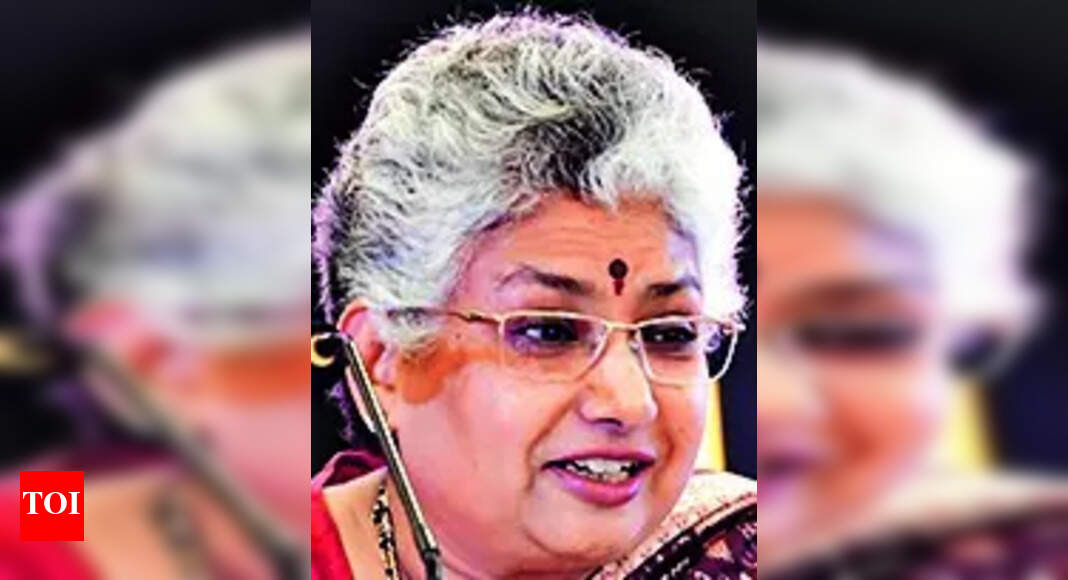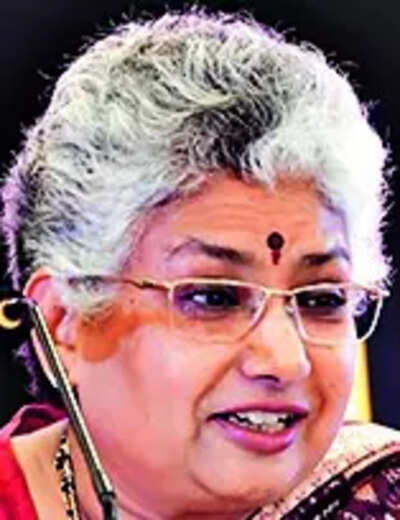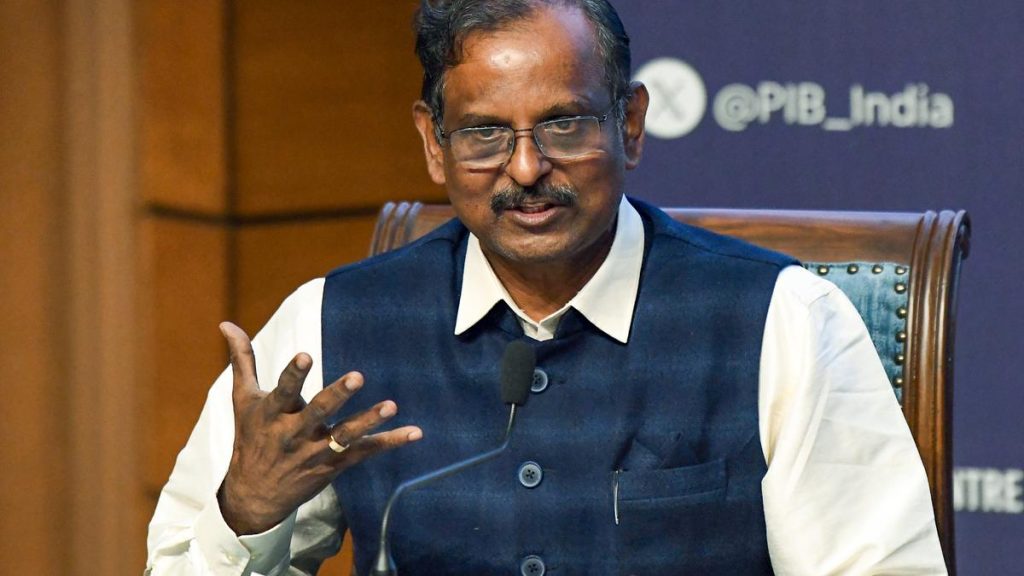Now Reading: SC Judge Opposes Elevation of Patna HC Chief Justice
-
01
SC Judge Opposes Elevation of Patna HC Chief Justice
SC Judge Opposes Elevation of Patna HC Chief Justice

Speedy summary
- Supreme Court judge Justice B V Nagarathna has dissented against the collegium’s decision to elevate Patna High Court chief Justice Vipul Manubhai Pancholi to the Supreme Court, calling the move “counter-productive.”
- The five-member collegium recommended Bombay HC Chief Justice Alok Aradhe and Justice Pancholi for elevation on August 25. If appointed, Justice Pancholi could become CJI in October 2031 after Justice Joymalya Bagchi’s retirement.
- Nagarathna cited concerns over Pancholi’s lower seniority and his transfer from Gujarat HC to Patna HC in July 2023,which she said was not routine but carefully considered with input from senior judges.
- regional depiction and eroding credibility of the collegium system were highlighted as key concerns by Nagarathna. She had previously dissented when Pancholi’s name resurfaced three months after being deferred in May 2023.
- Campaign for Judicial Accountability and reforms (CJAR) criticized the resolution,calling it a “mockery” of openness standards in judicial appointments. It also noted regional disparity as three judges from Gujarat have recently been elevated while many other high courts remain unrepresented.

Indian Opinion Analysis
The dissent by Justice B V Nagarathna raises significant questions about judicial appointments via India’s collegium system,specifically regarding criteria like seniority and regional balance among high court representations within the Supreme Court bench. While legal impartiality is paramount, this case underlines potential systemic flaws that could undermine public confidence in maintaining fairness across judiciary processes – especially given critiques about transparency voiced both internally by a sitting judge and externally by NGOs like CJAR.
Furthermore, elevating a candidate with relatively lower seniority might set a precedent that challenges existing norms or adds subjectivity to selection practices meant to safeguard meritocracy within India’s highest judicial body. This disagreement underscores broader issues tied to accountability within institutional frameworks pivotal for democracy, at a time when discussions around reforms continue amid scrutiny of judiciary independence.

























